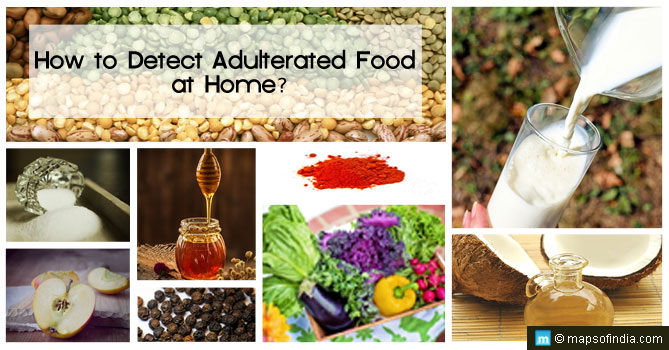Potassium is a vital mineral for the body’s healthy operation. It supports the control of nerve impulses, muscular contractions, and fluid homeostasis. Potassium deficit can cause health issues like high blood pressure, cramping, and weakness. So it’s important to eat foods high in potassium. Consuming high-potassium fruits is one of the greatest methods to achieve this. In this article, we discuss some fruits with the highest potassium content and their advantages.
List of potassium-rich fruits and their benefits
-
Bananas
One of the most well-known sources of potassium is bananas. The potassium content of one medium-sized banana is 400–450 mg or about 10% of the daily required value. Bananas are also a good source of dietary fibre, vitamin C, and vitamin B6. They are a healthy snack choice because they are low in calories and fat. Regular banana consumption can improve heart health, blood pressure control, and digestion.
-
Avocado
Another great source of potassium is avocado. Approximately 975 mg of potassium, or 28% of each day’s recommended intake, can be found in one medium-sized avocado. Monounsaturated and polyunsaturated fats, which are good for the heart, are also abundant in avocados. Additionally, they include fibre, vitamin K, and vitamin C. Regular consumption of avocados can help reduce cholesterol, strengthen the heart, and support good skin and hair.
-
Prunes
Dried plums, called prunes, are rich in potassium. Approximately 1274 mg of potassium, or 36% of the daily recommended amount, can be found in one cup of prunes. Additionally, prunes are a good source of iron, vitamin A, and dietary fibre. They have a reputation for assisting with digestive control, supporting bone health, and lowering the incidence of several cancers.
-
Cantaloupe
A delightful and cooling fruit with a lot of potassium is cantaloupe. 430 mg of potassium, or about 12% of the daily required amount, may be found in one cup of diced cantaloupe. Additionally, cantaloupe is a good source of dietary fibre, vitamins C and A. Regular consumption can enhance digestion, skin and eye health, and immunity.
-
Oranges
Oranges are a well-liked citrus fruit with a reputation for having a lot of vitamin C. They are a good source of potassium as well, though. Approximately 237 mg of potassium, or 7% of the daily recommended intake, can be found in one medium-sized orange. Oranges are a good source of vitamin C and dietary fibre. Regular orange consumption can increase immunity, improve heart health, and promote healthy skin.
-
Kiwi
A single kiwi contains roughly 240 milligrammes of potassium, making it a small, nutrient-rich fruit. Vitamin C, fibre, and antioxidants are all abundant in kiwis. Kiwi’s fibre can aid in regulating digestion and fostering a sense of fullness, and its antioxidants can assist in preventing cellular deterioration.
-
Mango
A cup of mango contains roughly 325 milligrammes of potassium, making it a tasty and potassium-rich tropical fruit. In addition, mangoes are a great source of fibre, vitamin C, and vitamin A. While vitamin C helps the immune system and functions as an antioxidant, vitamin A is necessary for healthy vision and skin.





